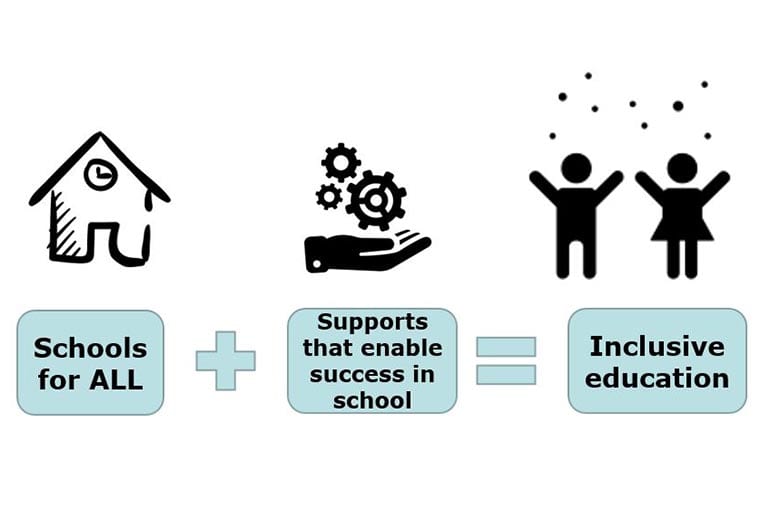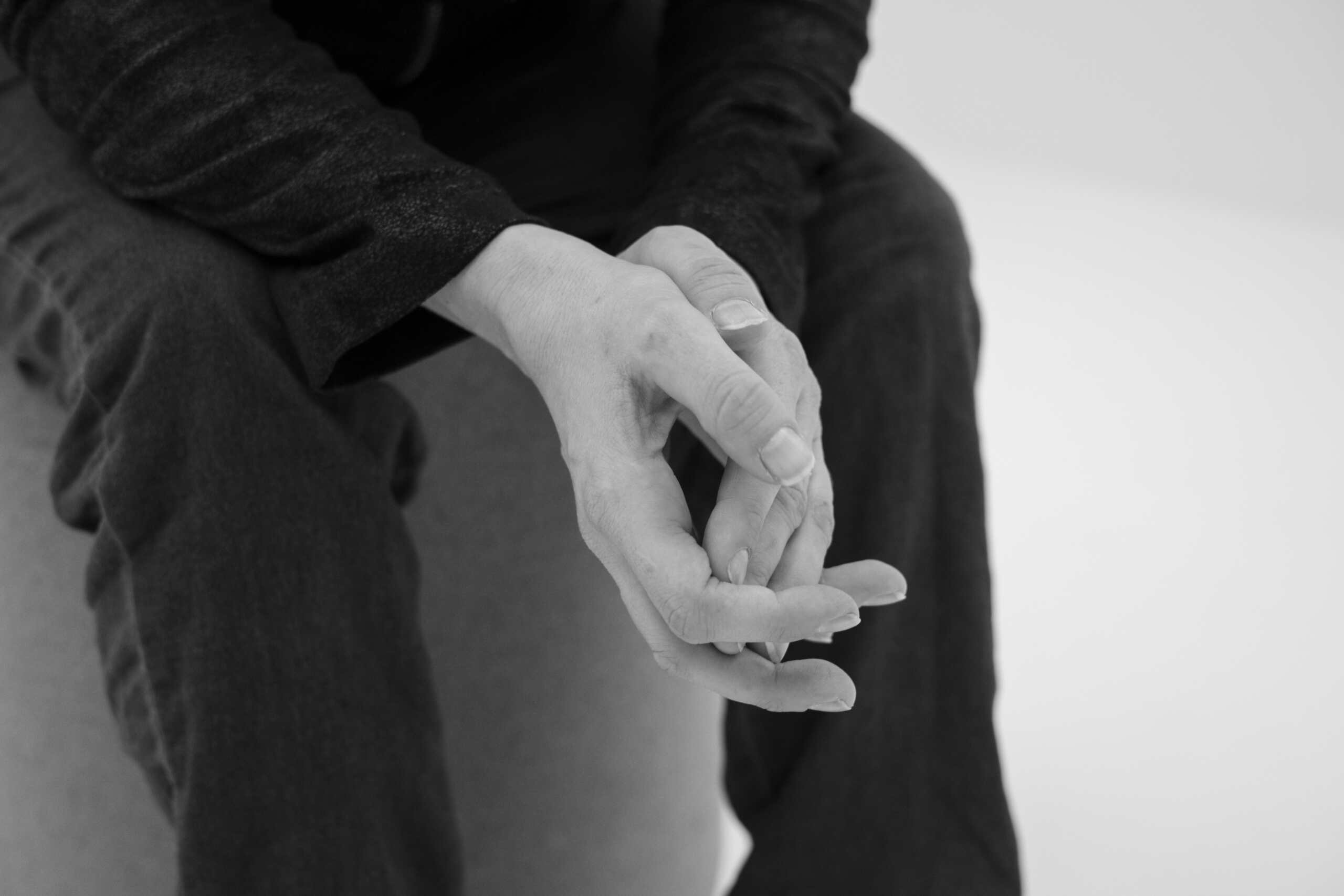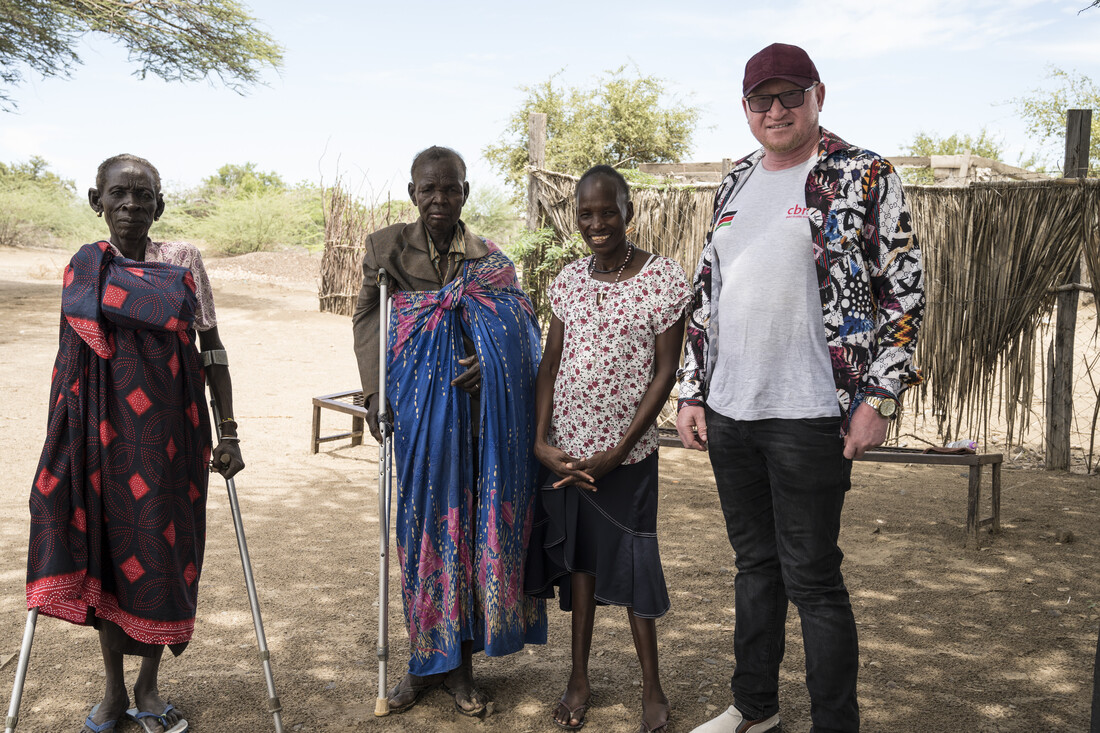What is inclusive education?
Pacific, Stories | June 25, 2024
Karen Heinicke-Motsch is one CBM’s Senior Disability Inclusion Advisors who has a focus on inclusive education and inclusive early childhood development. Here she talks about her recent work.
UNICEF is the world’s leading organisation working to protect and improve the lives of every child. How does your work with CBM engage UNICEF?
We work with UNICEF Australia to support disability inclusion in their program work and country offices in Asia and the Pacific. Recently we worked with UNICEF in Papua New Guinea (PNG) to develop inclusive early childhood development programs across 50 centres in two provinces. We also worked with UNICEF to feed into the Pacific Ministerial Forum on Early Childhood Development. That’s a critical policy and investment forum to build support for disability inclusion in early childhood development programs across the Pacific. This work resulted in Pacific Island countries agreeing to key outcomes which will support disability inclusion in early childhood development for years to come.

What do you see as some of the key issues to supporting inclusive early childhood development programs?
Currently children with disabilities and their parents are largely invisible in early childhood programs. Until health, education and child protection programs have disability inclusive data, countries will remain oblivious to the extent of this exclusion.
The majority of the world’s countries have committed to the rights of children with disabilities and to leaving no one behind in development. Early childhood programs need to ensure that their staff, including front line community workers, have the knowledge and skills they need to support infants and young children with disabilities and their families to participate in these programs. In addition, early childhood programs need to strengthen the availability of and coordination with disability specific services so that children and their parents have access to the supports they need.
At the same time, parents and children with disabilities need to feel that they and their children belong. Parents and families who have a child with disability need to understand their rights, feel supported by their families and neighbours and have access to both general early childhood programs and disability-specific support services. Building communities that are inclusive, welcoming and supportive of children with disabilities is often driven by policy and investment by governments and donors and advocacy by disabled peoples’ organisations to create the spaces – like inclusive early childhood centres – for people to see inclusion in practice.
The Australian Department of Foreign Affairs and Trade (DFAT) is a key partner for your work. How have you worked with them on inclusive education?
The Australian government is a leader in disability inclusive development and we are privileged to work with DFAT in its efforts. In 2019, our engagement with the Education Section at DFAT focused on strengthening staff capacity to design and implement inclusive education programs. It has supported improved disability inclusion in Australian Aid education programs. We also supported the Education Section to contribute to international efforts on improving access to education and education outcomes for children with disabilities. We do this through working directly with the Section, supporting them in implementing activities and also by participating in events like the Education Forum and Pacific Ministerial Forum on Early Childhood Development.
https://www.cbm.org.au/stories/what-is-inclusive-education
Related Stories

Week 7 – Lent Series 2025
A solidarity of love, relationship and sacrifice. A solidarity that is profound and astounding. As we draw near to Good Friday, we remember Jesus’ love and...

Week 6 – Lent Series 2025
Solidarity Leads to Partnership Partnership with people with disabilities is working alongside them to build an inclusive and accessible world. CBM Australia works to improve the...

Week 5 – Lent Series 2025
Solidarity: Seeking to Listen and Understand Action that is taken in solidarity finds its origins in listening. Jesus’ actions and ministry flowed out of relationship and...
